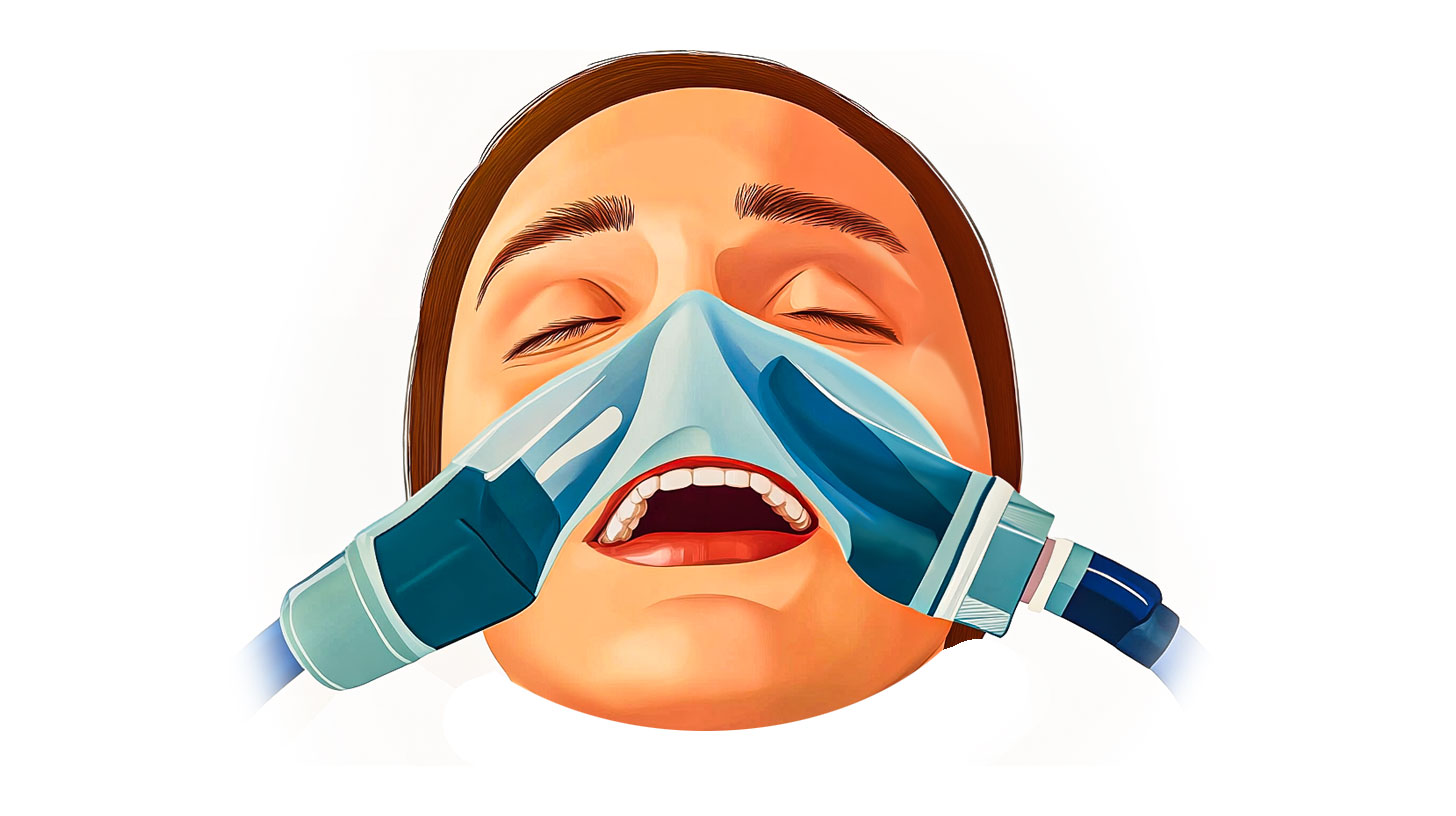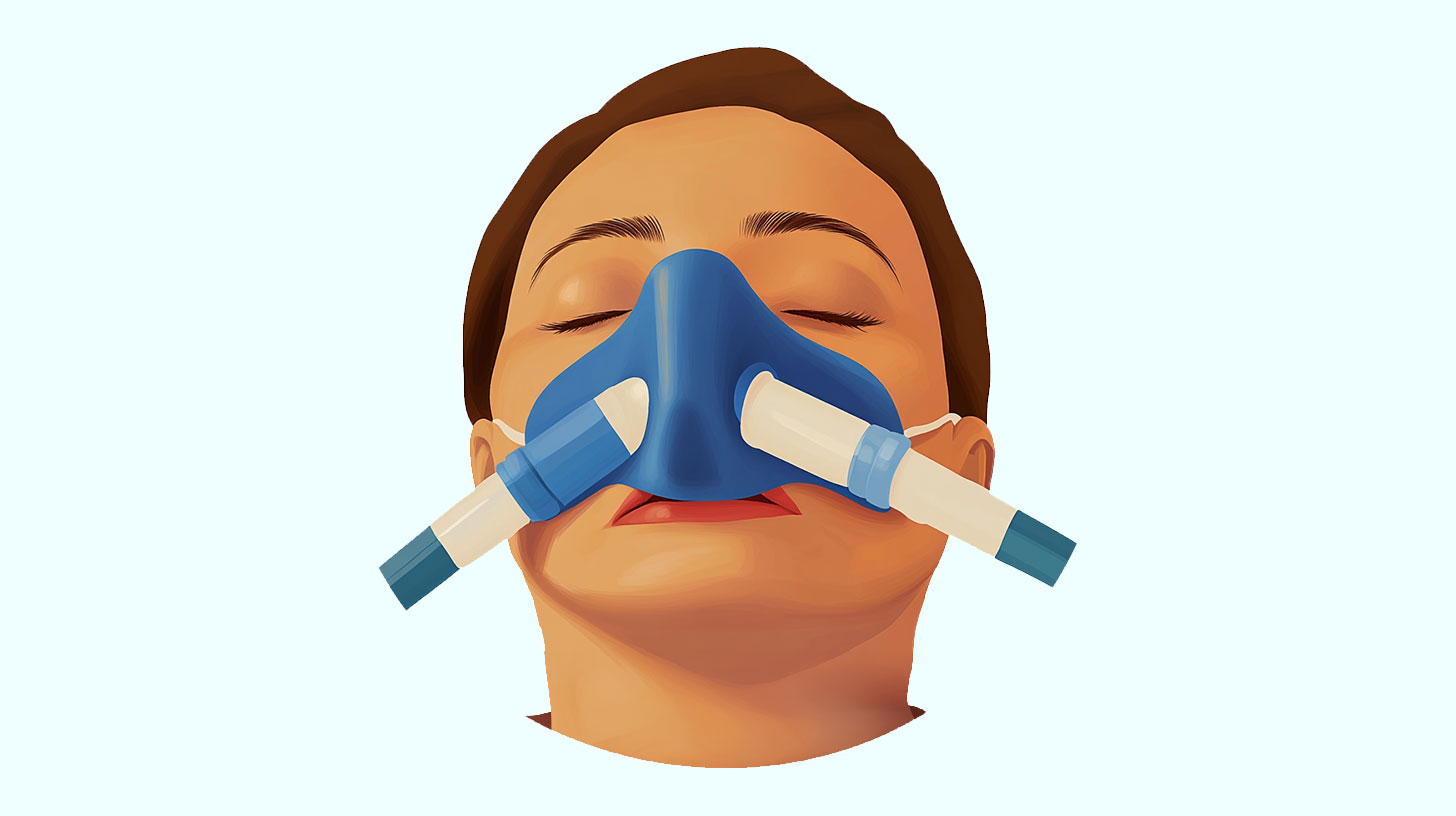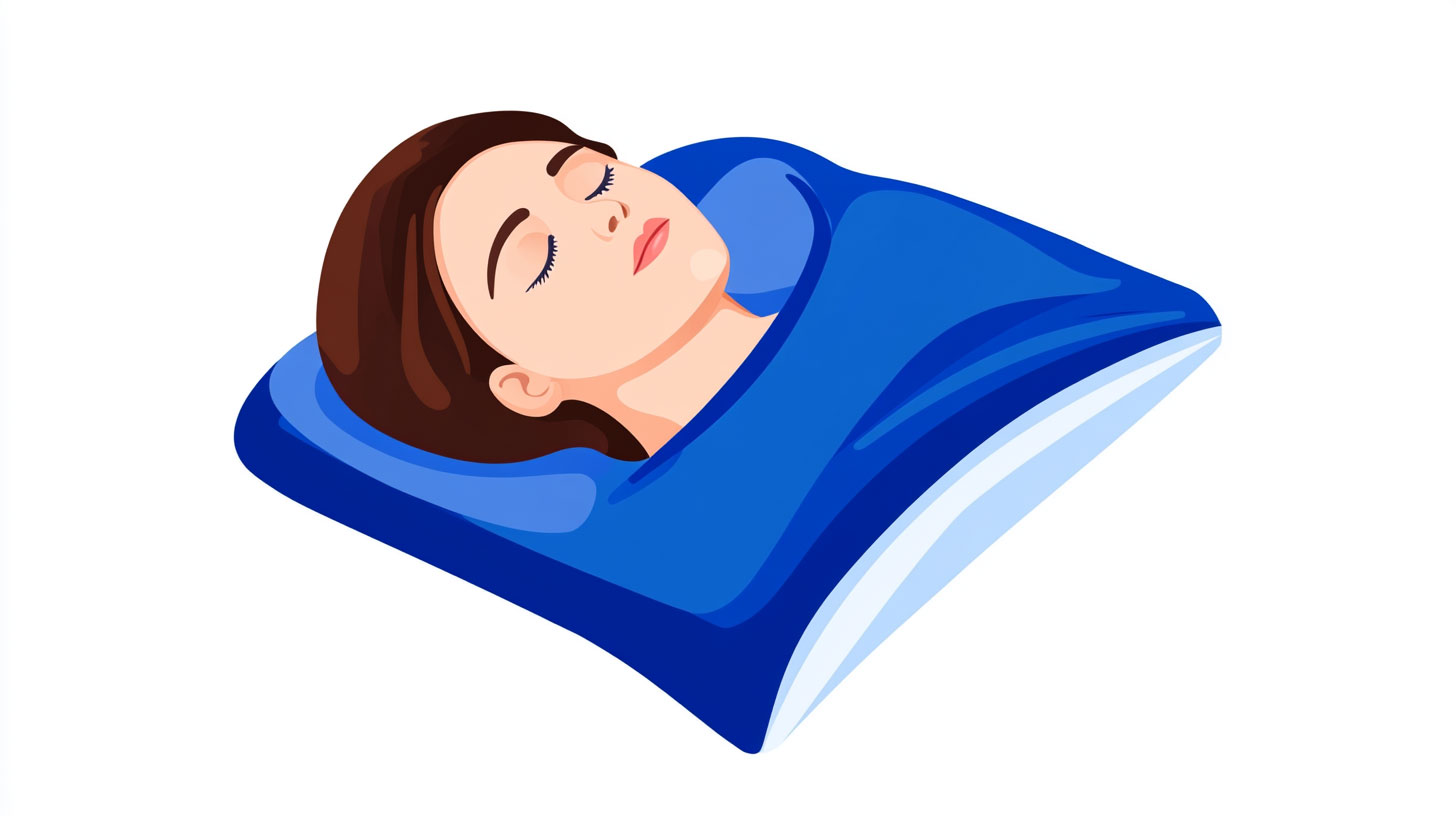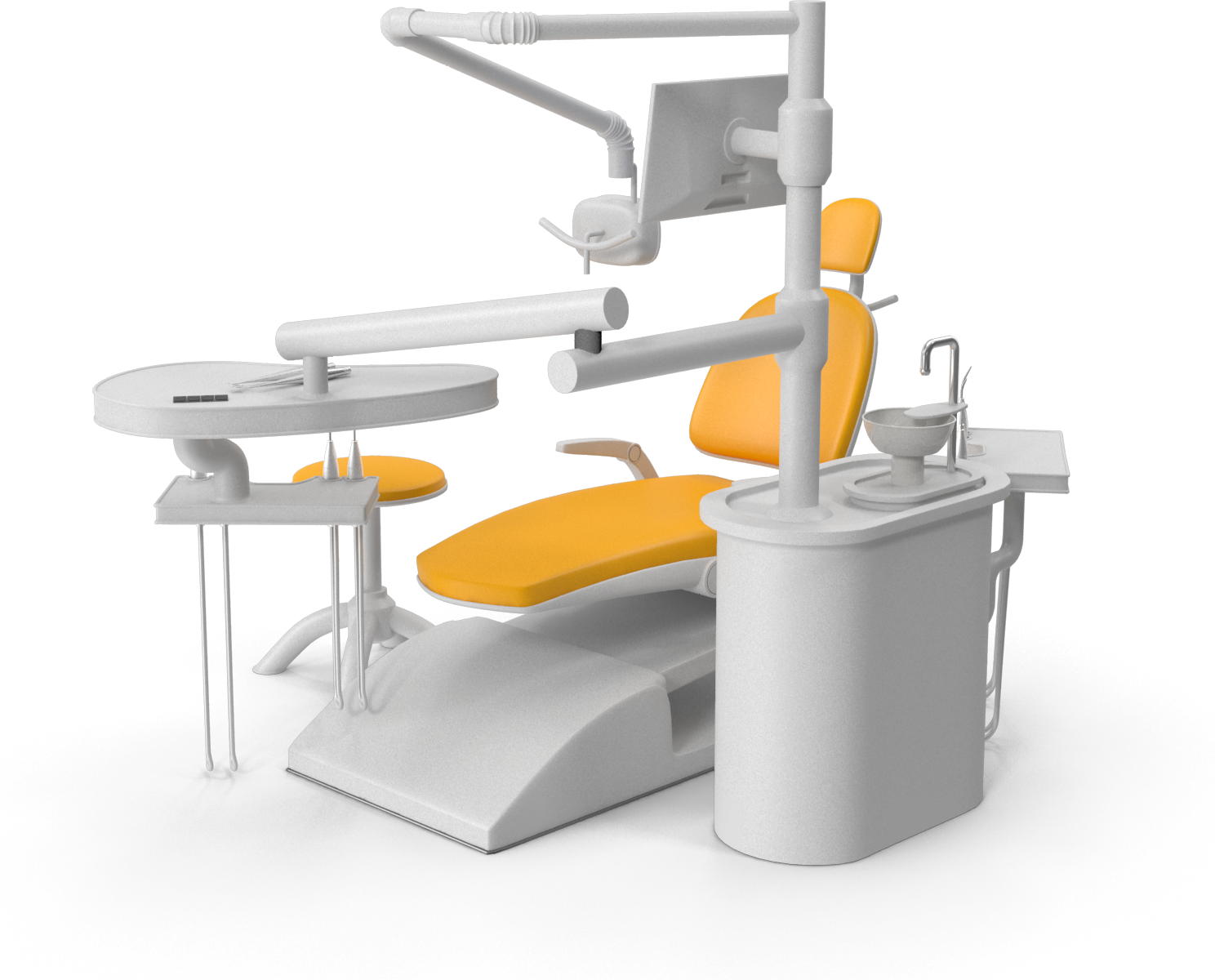
Sedation Dentistry
Alleviating Anxiety and Enhancing Dental Care
If you get anxious at the dentist and it’s preventing you from receiving the care you need, consider sedation dentistry. Our patients experience a relaxed visit to the dentist with the help of a variety of dental sedation options. Whether you need a wisdom tooth extraction or periodontal surgery, sedation dentistry can help calm your nerves during the procedure.





Miami Dental Sedation Spa specializes in sedation dentistry for our anxious patients. We offer several sedation options, including IV sedation, oral sedation, and nitrous gas sedation (laughing gas), all administered by trained and licensed dentists. Read below to learn more.
If you have any questions in regards the type of sedation that is right for your needs, don't hesitate to call our team at (305)445-4646 so we can help you understand the process better. We are confident in providing a stress-free solution that is right for you.

How do we apply sedation?
Minimal Sedation
Via Nitrous Oxide or "laughing gas".
Moderate Option #1
Via oral sedation (ingesting pills before procedure).
Moderate Option #2
Via intravenous (IV) sedation.
Click on each button to learn more...

Nitrous Oxide or "Laughing Gas" Dental Sedation
At our dental practice, we offer nitrous oxide gas sedation, commonly known as "laughing gas," as a treatment option for patients experiencing light to moderate fear or anxiety about dental procedures. Nitrous oxide is a safe, well-established form of sedation that helps relax patients, making dental treatments more comfortable and less stressful.
The beauty of nitrous oxide lies in its quick and effective results. It works by inducing a feeling of calm and mild euphoria, allowing patients to remain conscious and responsive throughout the procedure. Despite its relaxing effects, the sedation is mild enough that patients can still communicate with the dental team and follow instructions.
One of the key benefits of nitrous oxide sedation is that it is fully reversible. At the end of the treatment, patients are given 100% oxygen, which rapidly eliminates the effects of the gas, allowing them to feel normal again. Because of this, patients can drive themselves home safely, unlike other forms of sedation that may require a companion for transportation.
This makes nitrous oxide an ideal option for those who are apprehensive about dental work but need a fast, effective solution. With proper administration and monitoring by our trained dental professionals, nitrous oxide sedation ensures a safe and positive experience for our patients.
Quick Onset and Fast Recovery
Nitrous oxide takes effect almost immediately, allowing you to relax and feel comfortable during your procedure. What’s even better is that its effects wear off quickly once the procedure is complete. This means you'll feel like yourself again in just a few minutes after receiving 100% oxygen.
Safe and Controlled
Nitrous oxide is a very safe form of sedation with minimal side effects. Unlike other sedative options, its effects can be reversed immediately by breathing pure oxygen at the end of your treatment. This makes it a reliable and safe option for managing dental anxiety.
You can drive right after
Since nitrous oxide’s effects wear off so quickly, patients can generally drive themselves home after the procedure, making it a convenient choice. Unlike other forms of sedation that may require someone to accompany you, nitrous oxide allows you to maintain independence while still receiving the comfort and relief needed during your dental treatment.

Oral Dental Sedation
Oral dental sedation is an effective treatment option designed to help patients achieve a state of deep relaxation during dental procedures, particularly those with light to moderate anxiety. Unlike intravenous (IV) sedation, which requires specialized training to administer and monitor, oral sedation involves the administration of medication in pill form prior to the procedure, allowing patients to remain conscious yet deeply relaxed throughout the process.
A licensed dentist can prescribe oral sedatives to patients prior to their dental appointment, tailored to their specific needs. These medications work by calming the nerves and reducing anxiety, making it easier for patients to undergo treatment without feeling overwhelmed. The medication is absorbed into the bloodstream through the digestive system, gradually inducing a sense of tranquility and calmness.
It’s important to note that oral sedation does not require an intravenous line, as is the case with IV sedation, which involves the continuous monitoring and adjustment of sedative levels throughout the procedure. Instead, the prescribed pill is designed to provide a steady level of sedation that keeps patients comfortably relaxed during their visit. While oral sedation is effective for many patients, its potency is generally lower than IV sedation, and the patient’s response to the medication can vary based on individual factors, including weight and tolerance.
Patients are typically in a state of deep relaxation, but they remain conscious and able to respond to the dentist's instructions. In some cases, patients may feel drowsy or even fall into a light sleep, but they can easily be awakened if necessary. Due to the nature of the sedation, it is essential that patients have a trusted friend or family member to accompany them home, as the sedative effects may persist for a short time after the procedure.
Oral sedation is ideal for patients who experience mild to moderate anxiety or fear of dental treatments. It provides a safe, non-invasive alternative to other forms of sedation, offering an effective way to ensure comfort while maintaining patient safety.
Gradual Recovery
Oral dental sedation allows for a relatively quick recovery. While the sedative effects take some time to wear off, patients typically regain full awareness shortly after the procedure, although they may feel drowsy for a brief period. This quick recovery allows for a smoother transition back to daily activities, though some patients may need a few hours of rest.
Safe and Controlled
Oral sedation is a safe, non-invasive option for patients dealing with dental anxiety. The medication is carefully prescribed by a licensed dentist, and because it is absorbed gradually, the sedation is gentle. While effective in providing calmness and relaxation, the sedative's effects can be easily monitored and controlled to ensure the patient’s safety throughout the procedure.
Patients must not drive after
Due to the lingering sedative effects, patients who undergo oral sedation should not drive themselves home after the procedure. Unlike other sedation methods that wear off rapidly, oral sedation requires a trusted friend or family member to accompany the patient for transportation. This ensures the patient's safety as the sedative effects may continue for a short time following the treatment.

Intravenous (IV) Sedation
Oral dental sedation is an effective treatment option designed to help patients achieve a state of deep relaxation during dental procedures, particularly those with light to moderate anxiety. Unlike intravenous (IV) sedation, which requires specialized training to administer and monitor, oral sedation involves the administration of medication in pill form prior to the procedure, allowing patients to remain conscious yet deeply relaxed throughout the process.
A licensed dentist can prescribe oral sedatives to patients prior to their dental appointment, tailored to their specific needs. These medications work by calming the nerves and reducing anxiety, making it easier for patients to undergo treatment without feeling overwhelmed. The medication is absorbed into the bloodstream through the digestive system, gradually inducing a sense of tranquility and calmness.
It’s important to note that oral sedation does not require an intravenous line, as is the case with IV sedation, which involves the continuous monitoring and adjustment of sedative levels throughout the procedure. Instead, the prescribed pill is designed to provide a steady level of sedation that keeps patients comfortably relaxed during their visit. While oral sedation is effective for many patients, its potency is generally lower than IV sedation, and the patient’s response to the medication can vary based on individual factors, including weight and tolerance.
Patients are typically in a state of deep relaxation, but they remain conscious and able to respond to the dentist's instructions. In some cases, patients may feel drowsy or even fall into a light sleep, but they can easily be awakened if necessary. Due to the nature of the sedation, it is essential that patients have a trusted friend or family member to accompany them home, as the sedative effects may persist for a short time after the procedure.
Oral sedation is ideal for patients who experience mild to moderate anxiety or fear of dental treatments. It provides a safe, non-invasive alternative to other forms of sedation, offering an effective way to ensure comfort while maintaining patient safety.
Gradual Recovery
Dental IV sedation offers a deep and fast-acting sedative effect, but it also requires a longer recovery time compared to other methods. While patients are typically in a deeply relaxed or semi-conscious state throughout the procedure, the sedation can take several hours to wear off completely. After the procedure, patients are monitored until the effects begin to diminish, and they may feel groggy or drowsy for several hours.
Safe and Controlled
IV sedation is a highly effective and safe method for managing anxiety during dental procedures. The sedation is administered through an intravenous line directly into the bloodstream, allowing for precise control over the level of sedation throughout the procedure. Dental professionals carefully monitor your vital signs, ensuring that the sedation level is adjusted as needed for your comfort and safety during the treatment.
Patients must not drive after
Because Dental IV sedation has a longer-lasting effect, patients should not drive after the procedure. The sedative can make you feel drowsy and less alert, which can affect your ability to operate a vehicle safely. It is essential to have someone accompany you to and from the appointment to ensure your safety during the recovery period

Procedures that can be done under Sedation
Sedation dentistry can be helpful and beneficial for situations where patients have high levels of anxiety, plan to have a long procedure, or have a medical history or special needs that may require sedation. It can be used in number of different dental procedures, including:
- Root canals
- Tooth extractions
- Dental implants
- Crowns
- Bridge
- Periodontal Surgery
- Cosmetic Surgery
- Long procedures
- Dental procedures for patients with special needs
This is only a sample list of procedures. We have had patients that due to their medical history have been sedated for all types of procedures, including exam, radiographs, and cleanings. Sedation dentistry is a safe and effective way to help patients relax and feel more comfortable during both routine and complex procedures. To learn more about the benefits of each type of dental sedation, or to know which one would be best for your case, give us a call today!
At Miami Dental Sedation Spa YOU and your comfort are our priority.
Monday - Thursday
08:00 am - 5:00 pm
Friday
08:00 am - 12:00 pm
Saturday & Sunday
Closed.


